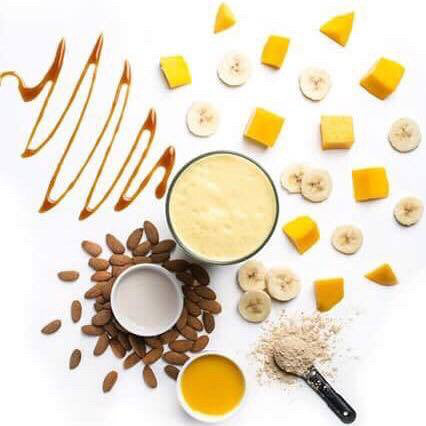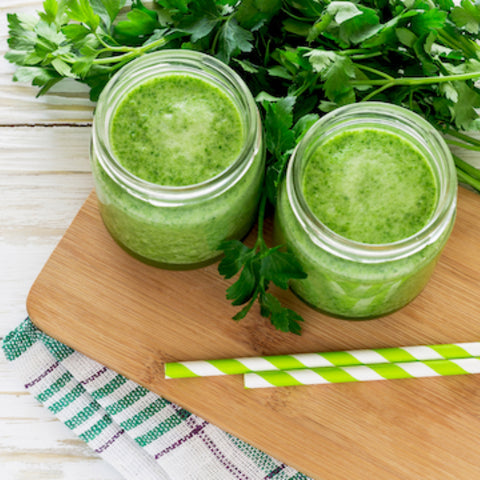There's often some concern around adequate protein intake for people that eat a vegan and/or vegetarian diet. What exactly is protein? A single protein is composed of a chain of individual amino acids strung together. There are 22 naturally occurring amino acids, most of which the body can create itself; these are known as non-essential (meaning that it is not essential to receive in the diet). Essential amino acids are those that are traditionally known to be required by the diet. Animal products are known as complete proteins because they typically contain an adequate ratio of all the essential amino acids. Many plant-based proteins are considered to be incomplete proteins meaning that they may be low in one or two of the essential amino acids. That being said, it is completely possible to eat a plant-based diet and get adequate amounts of protein!
5 of our favourite plant-based protein sources:
1. Legumes.
Some of the most common legumes include lentils, chickpeas, peanuts and beans. Legumes have a rich nutritional profile including a large source of fiber and protein. To increase the bioavailability and digestibility of your legumes, engage in practices of soaking and sprouting! Bonus: legumes are a very economical source of protein if you’re looking to reduce both your animal protein and grocery bill!
2. Chia seeds.
These little gems are small but mighty - packed with protein and loaded with fiber, omega-3 fatty acids and high in various micronutrients including calcium, manganese, and phosphorus. Chia contains both insoluble and soluble finer. It's soluble fiber content can remarkably absorb 10-12 times its weight in water allowing it to transform to a “gooey” substance when added to water – a remarkable egg replacement! Chia seeds have little flavour and are perfect for making a chia pudding, or adding to thicken oatmeal or smoothies.
3. Hemp Seeds.
These little guys are jam packed with protein, exceptionally high in two essential fatty acids of linoleic acid (omega-6) and alpha-linolenic acid (omega-3), and are abundant in magnesium, iron, phosphorus and zinc. Sprinkle hemp hearts on top of salads, oatmeal or add to smoothies.
4. Spirulina.
This micro blue-green algae is a complete source of protein and rich in thiamin, riboflavin, niacin, copper, manganese and iron. High in amino acids and iron, Spirulina is often recommended for people who eat a predominantly plant-based diet. It can be an incredibly cleansing supplement so if newly introducing to the diet, slow and steady is best!
5. Quinoa.
This food is often thought of as a grain as it is typically prepared and eaten like one; however, quinoa is grown for its edible seed. Along with being another great plant-based complete protein, quinoa is great source of vitamins and minerals, fiber, complex carbohydrates and particularly high in two plant compounds called flavonoids (quercetin and kaempferol) which are potent antioxidants. Antioxidants reduce oxidative stress on body cells and contribute to a number of health benefits. Sprout and soak quinoa for increased absorbability and digestion!
Article by Dinah. In addition to managing the kitchen at Glory Juice, Dinah is a Registered Holistic Nutritionist and Reiki Practitioner at the Jericho Integrated Health Clinic in Kitsilano. Dinah specializes in intestinal and digestive health as well as has a particular interest in female hormonal health.
Call (604) 368-8799 or email soulvitalitywellness@gmail.com to book your first consultation!
Instagram: @soul.vitality Facebook: Soul Vitality




Comments (0)
There are no comments for this article. Be the first one to leave a message!